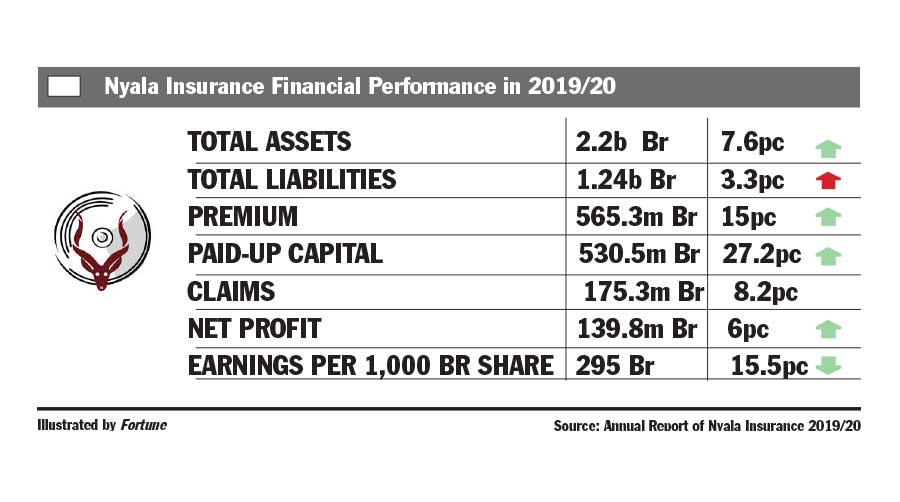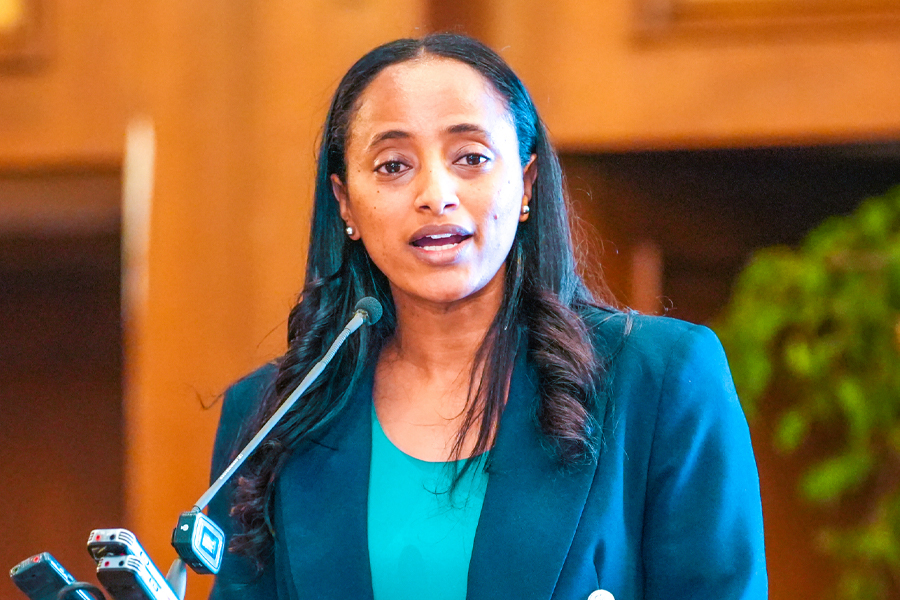
A microcosm of Addis Abeba’s vibrant yet convulsive changeover unfolds in the jammed corridors of the Arada District Land Management & Administration Bureau, on Adwa St. Residents, burdened with a mix of hope and anxiety, queue for compensation, a wanting consolation for the upheaval their lives are undergoing due to the city administration’s ambitious urban redevelopment plans. Despite the uncertainty, many find a silver lining in securing a condominium on the city’s outskirts, a bittersweet transition demonstrating the broader shifts affecting over 2,000 households in the District. The backdrop to their stories is Addis Abeba’s acute housing shortage, a crisis exacerbated by an outdated census and a growing demand for affordable homes. The city’s Housing Development Corporation officials are scrambling to address this through the sale of condominium units, aiming to deal with a staggering debt while providing residents with a pathway to homeownership. Yet, the response comes with its own problems, from affordability concerns to the practicalities of adapting to smaller, unfinished living spaces.
Simultaneously, Addis Abeba is undergoing a massive “beautification and modernisation” project, promoted by Prime Minister Abiy Ahmed (PhD) and spearheaded by Mayor Adanech Abebie. The project aspires to transform the city’s infrastructure with new roads, bicycle lanes, and green spaces, beginning with an extensive corridor stretching from the Adwa Zero Kilometre Museum to the city’s heart. This ambitious initiative seeks to enhance the capital’s aesthetic appeal and improve its global standing. However, the drive for modernity has its casualties. The demolition of neighbourhoods and displacement of residents have sparked debates about the social and historical costs of such development. While promising economic resurgence, the Grand Corridor Development Project caused the relocation of thousands, raising concerns about the loss of community ties and the erasure of the city’s rich historical legacy.
The perspectives of those directly affected, the compensation and the promise of a new home do little to assuage their fears of job loss and the daunting task of starting anew on the city’s outskirts. It is a sentiment echoed in debates about alternative urban development strategies that focus on decentralised planning, and the development of regional towns could address the need for such disruptive measures. As Addis Abeba stands on the brink of change, a moment of transition for a city striving to reconcile its aspirations for modernity with the impacts on its residents’ lives continued unabated.
PUBLISHED ON
Mar 23,2024 [ VOL
24 , NO
1247]

Commentaries | May 15,2021

Radar | Apr 13,2025

Viewpoints | Feb 01,2019

Commentaries | Jul 12,2025

Commentaries | Jun 01,2024

Fortune News | Feb 27,2021

Radar | Nov 20,2023

Radar | Apr 27,2025

Fortune News | Jan 22,2022

Radar | Oct 22,2022

Dec 22 , 2024 . By TIZITA SHEWAFERAW
Charged with transforming colossal state-owned enterprises into modern and competitiv...

Aug 18 , 2024 . By AKSAH ITALO
Although predictable Yonas Zerihun's job in the ride-hailing service is not immune to...

Jul 28 , 2024 . By TIZITA SHEWAFERAW
Unhabitual, perhaps too many, Samuel Gebreyohannes, 38, used to occasionally enjoy a couple of beers at breakfast. However, he recently swit...

Jul 13 , 2024 . By AKSAH ITALO
Investors who rely on tractors, trucks, and field vehicles for commuting, transporting commodities, and f...

Oct 11 , 2025
Ladislas Farago, a roving Associated Press (AP) correspondent, arrived in Ethiopia in...

Oct 4 , 2025
Eyob Tekalegn (PhD) had been in the Governor's chair for only weeks when, on Septembe...

Sep 27 , 2025
Four years into an experiment with “shock therapy” in education, the national moo...

Sep 20 , 2025
Getachew Reda's return to the national stage was always going to stir attention. Once...